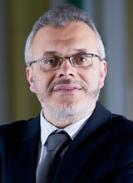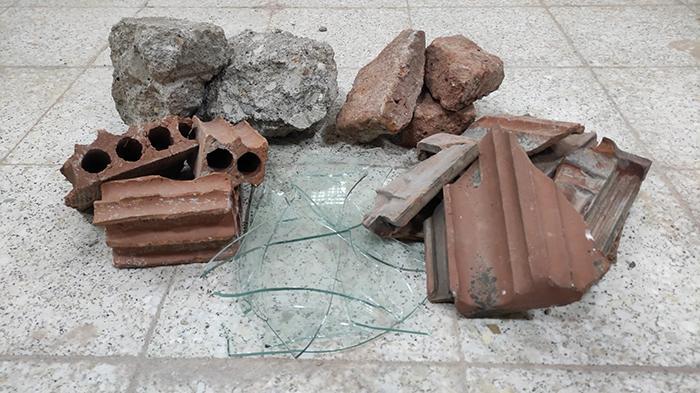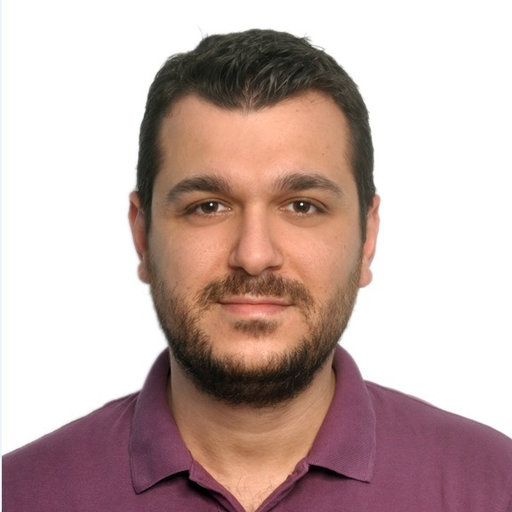
Professor of Structural Engineering
Construction and demolition waste (CDW) constitutes the largest volume of all solid wastes. As such, it poses not only an economic burden but also a threat to the environment. Made up of a mix of materials generated during the construction and demolition of buildings or structures, the recycling of CDW remains a challenge. The EU-funded CodeDEMO project will develop an environment-friendly solution for the development of a new material: a geopolymeric concrete mixture obtained from CDW, to produce large structural modules snapped into place quickly and easily without wasting energy or creating waste. CodeDEMO will dramatically improve the environmental performance of treatment methods, maximise resource efficiency, reduce waste generation, and maximise reuse and recycling.
Generation of high volumes of construction and demolition waste (CDW) is seriously problematic from environmental, economic and societal perspectives. Furthermore, CDW is generally managed by the proposition of low-tech recycling applications which are costly, energy-inefficient and unsustainable. Within the scope of the current project, a new construction paradigm composed of pre-fabricated large-scale elements produced with 100% recycled “green” materials out of CDW that can be easily assembled/disassembled according to a cradle-to-cradle design approach is proposed. Current project will not only propose completely “green” solutions on materials’ basis but also on structural basis by developing geopolymeric (cement-free) concrete mixtures, ingredients of which will be obtained completely from CDW and large-scale interlocking structural components that will be easily demountable without creating extra waste and consuming too much energy. The action will also develop and enhance the research fellow’s transferable skills necessary for thriving his career in a flourishing area that underpins innovative technological development across a range of diverse disciplines and will make a marked impact on know-how exchange of interdisciplinary research expertise, breaking the common trend in construction industry and strengthening the ties among researchers/engineers who work on construction materials and structural aspects.

Construction and demolition waste, clockwise from top left: concrete waste, red clay brick, roof tile, glass waste, hollow brick.
H2020-MSCA-IF-2019

Professor of Structural Engineering

Marie Skłodowska-Curie Individual Fellow